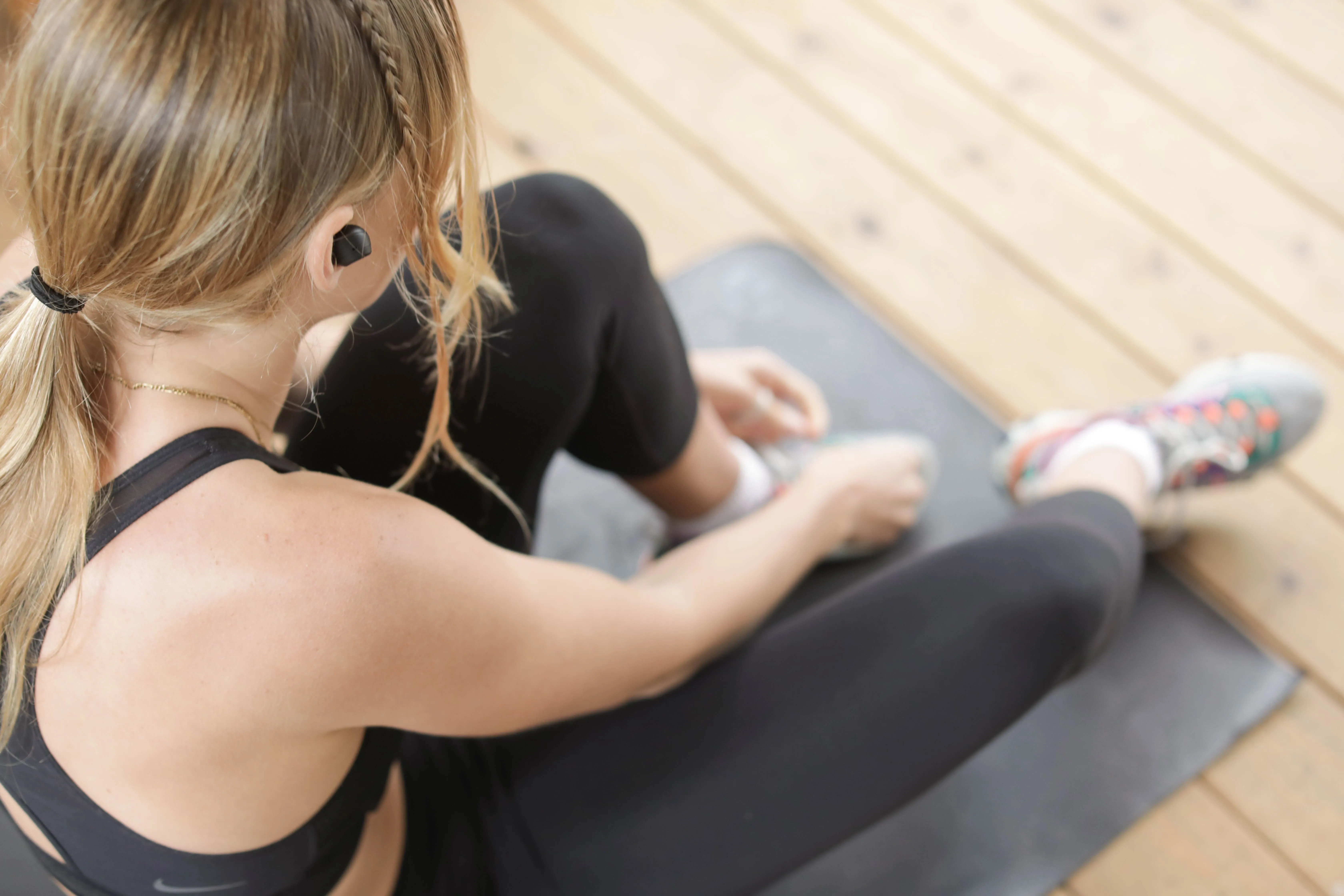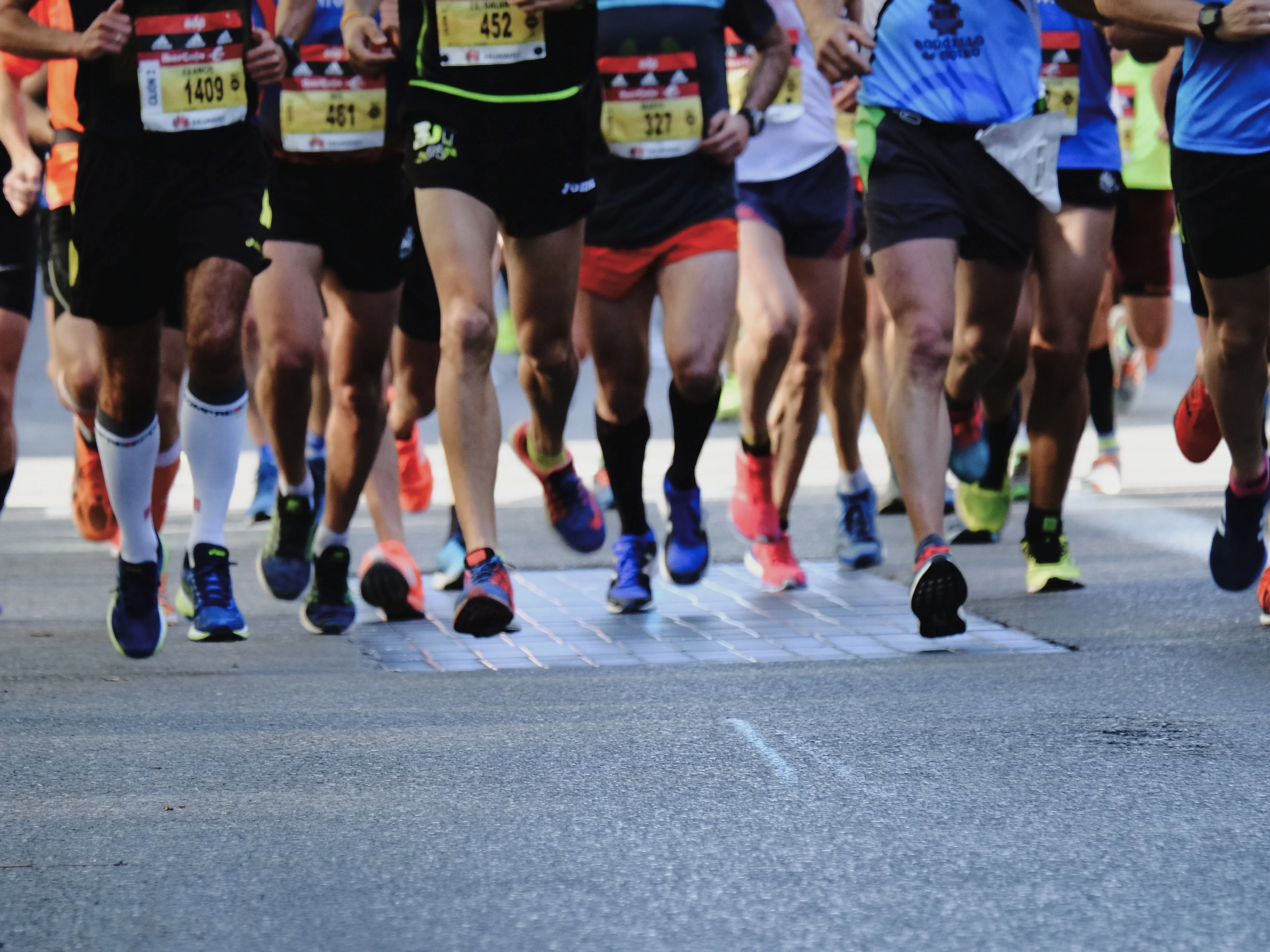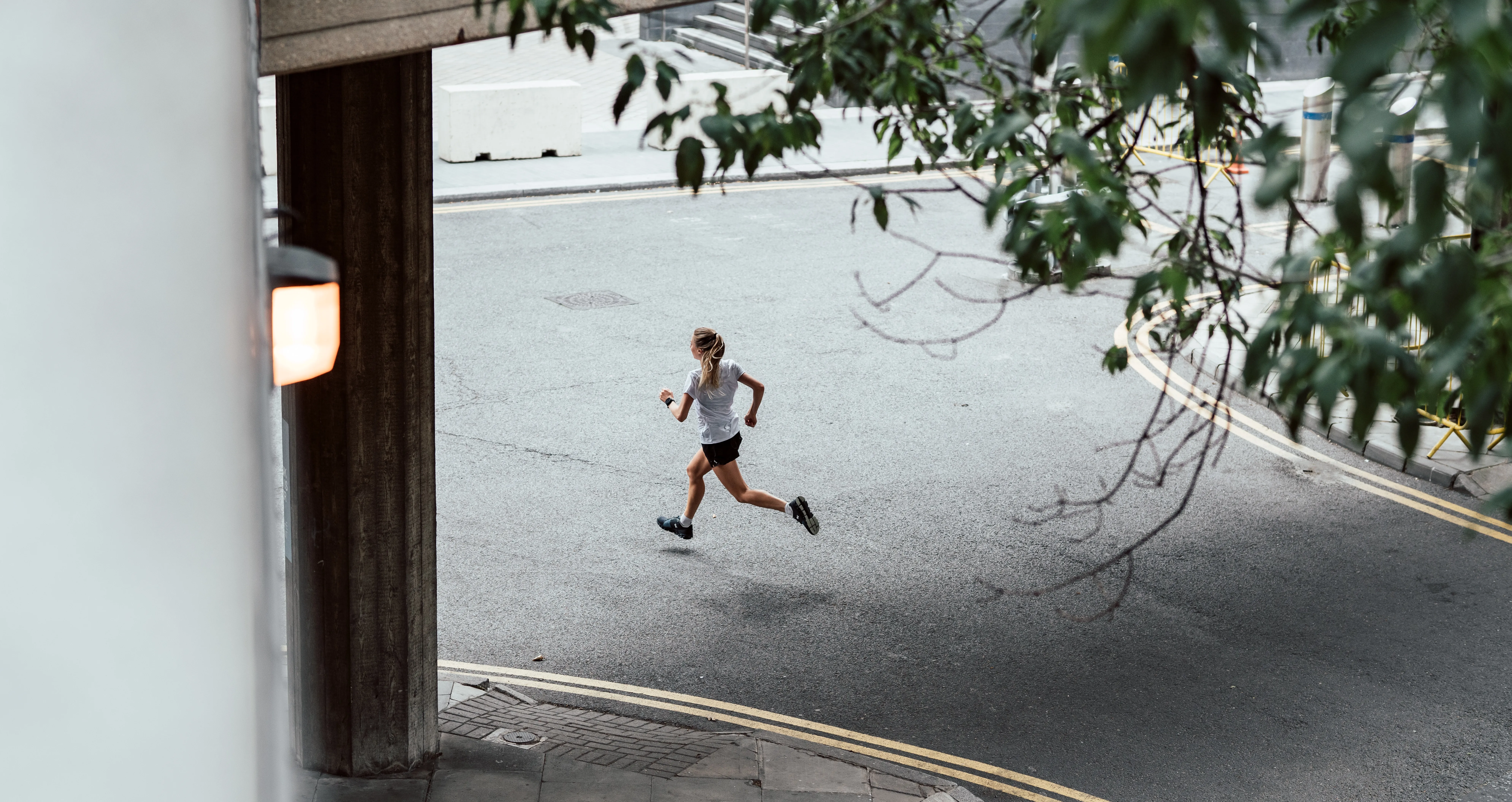
Everyone knows running is good for physical fitness, but what about our defense mechanisms? Improved cardiovascular health, weight control, boosting mood are some well-known benefits of running. However, the impact of running, or any intensive exercise, on the immune system remains less explored. This post will delve into some scientific studies to answer - what’s the linkage between running and our immunity?
Proceed with caution, though. As will be discussed below, the relationship between exercise and immunity isn’t entirely straightforward.
The Concept of ‘Open Window’

The phrase ‘Open Window’ is often used to describe a period post intensive training where immunity is temporarily depressed, making the body more susceptible to infections, especially of respiratory tract. Accordingly, a meta-analysis published in the Exercise Immunology Review suggested that intensity and duration of exercise seem to have a considerable impact on immunity. Data from multiple studies highlighted an ‘open window’ of immunodepression for 3-72 hours post intense endurance running.
However, there’s another facet to this argument that contradicts the open window theory. Several recent studies propose that exercise might have a positive effect on the immune system.
Positive Reshaping of Immune System
Contrary to the concept of the ‘open window’, more recent research indicates a positive impact of running on immunity. Dr. James Turner and Dr. John Campbell from the University of Bath, UK, in their 2018 review of multiple studies, argued that exercise indeed causes an “extraordinary mobilization of lymphocytes,” but does not make the body more susceptible to diseases.
Instead of a decrease, they proposed an increase in immune surveillance, a reshaping of immunity, which is beneficial for the body. The researchers suggested that the cells moved to peripheral tissues (like the lungs) might play a part in monitoring, maintaining, and even improving immune responses.
Balancing Intensive Training and Immunity

No matter how beneficial, the peak benefit of running lies in its optimum level. Overdoing anything, even exercise, may backfire, as seen in the ‘Open Window’ theory.
To avoid the potential negative effects of overtraining on immunity, follow these points:
- Keep Hydrated - Drinking ample water helps to get rid of toxins and can boost the immune system.
- Balanced Nutrition – A balanced diet rich in vitamins, minerals, and protein is crucial to support an intensive training regime and a healthy immune system.
- Adequate Rest – Over-exercising, without giving the body time to recover, can depress the immune function. Rest is vital.
Concluding Thoughts
As is evident, the link between running and immunity is complex. While running can potentially depress the immune function briefly, it might also play a role in reshaping the immune system beneficially.
To maintain a good balance, moderation seems to be the key. Ensuring a balanced diet, ample water consumption, and sufficient rest should be a part of any intensive training regime. Happy running!







